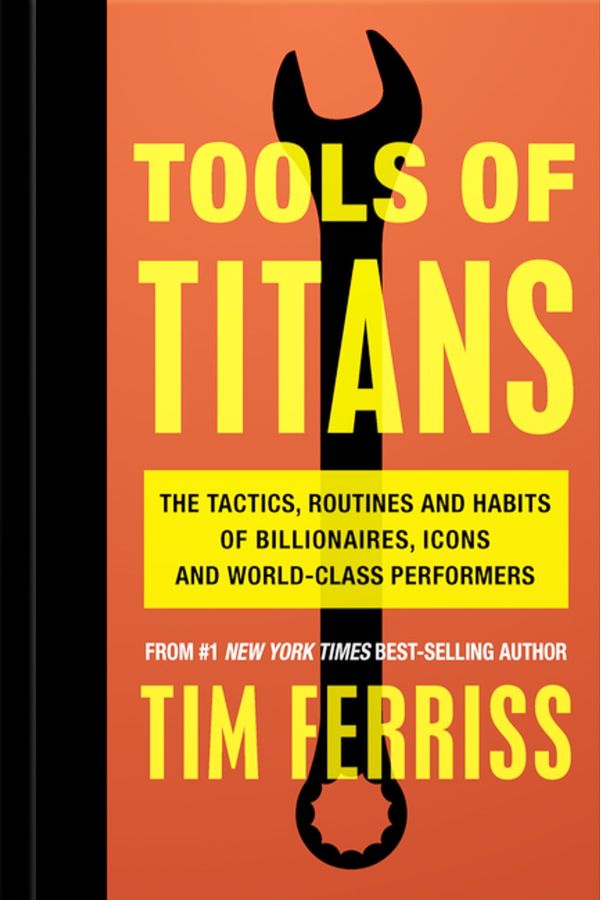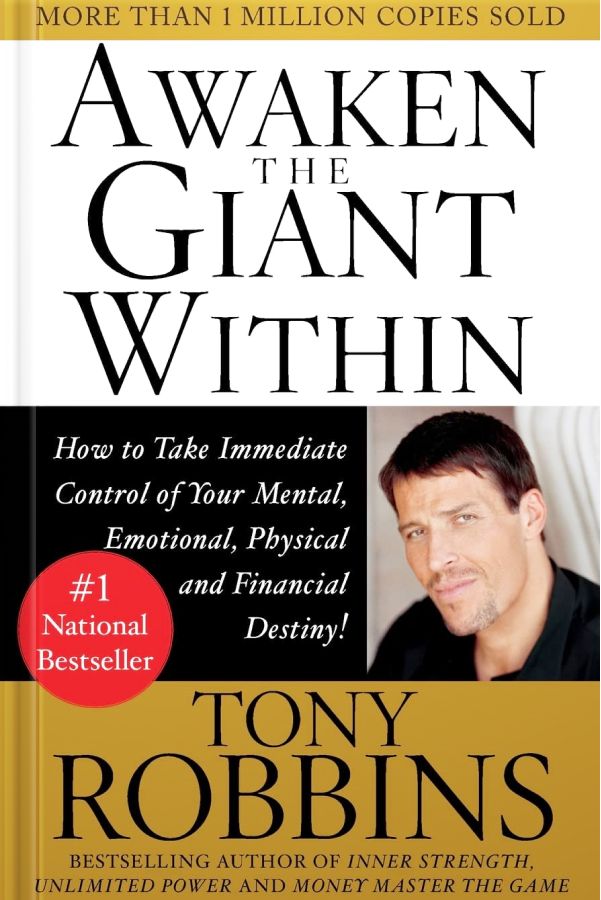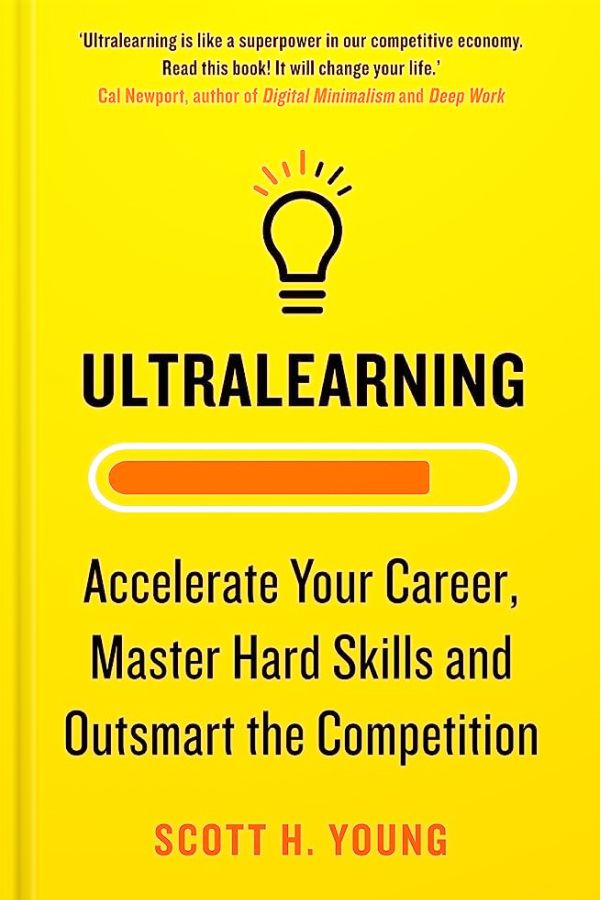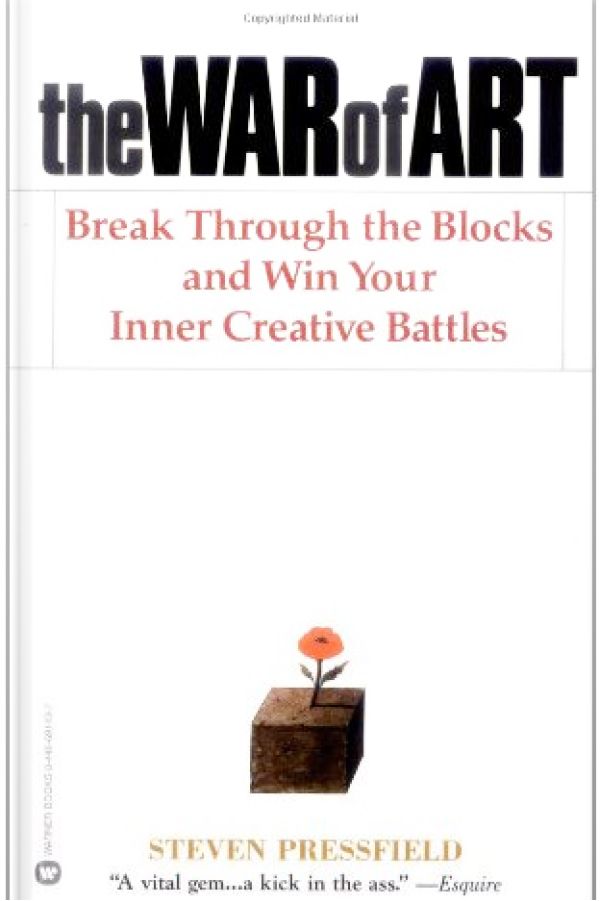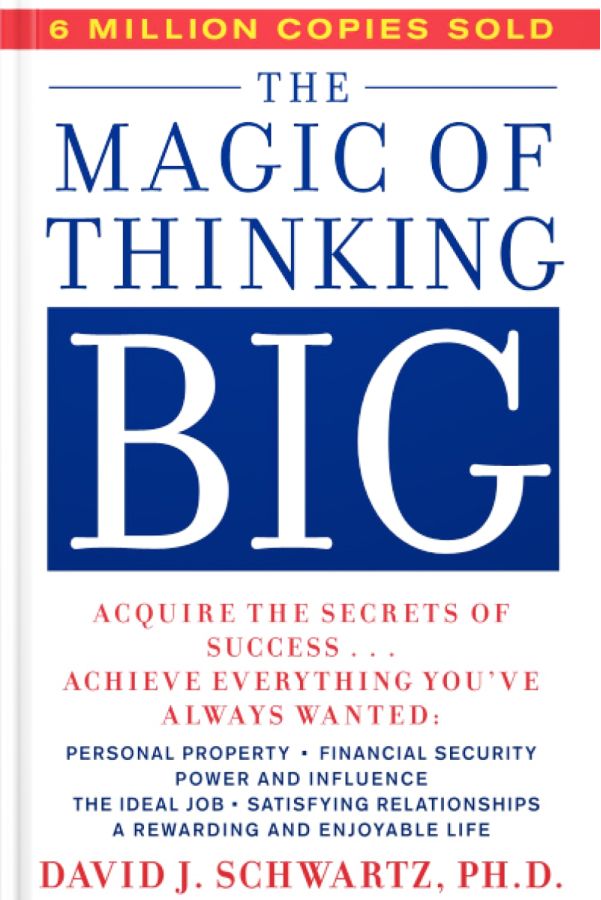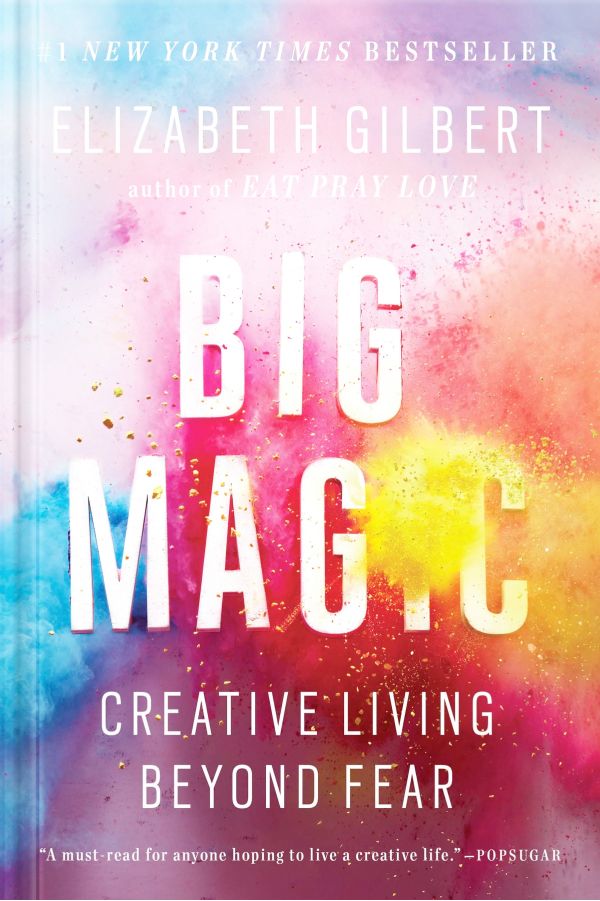
Writing
Big Magic by Elizabeth Gilbert
1. The Innate Human Urge to Create
Humans have been creators throughout history, actively crafting something out of their experiences, thoughts, and emotions.
As Gilbert emphasizes, our natural propensity isn't merely to exist but to fashion something tangible out of our existence.
This concept aligns with Gilbert's assertion:
"We are all makers by design."
2. Creativity Requires Courage
Being creative is more than just a mere exercise in thinking; it's a bold declaration of self, an audacious act of laying bare your innermost thoughts and ideas.
To be creative is to be courageous, defy the fear of exposure, and let your imagination flourish.
As Gilbert so aptly puts it:
"Creativity is a path for the brave, but it is not a path for the fearless."
3. Ideas Are Ephemeral Companions
Gilbert presents a novel perspective on ideas.
According to her, ideas are transient entities, constantly seeking someone to breathe life into them.
They come to us as flashes of inspiration, but to keep them alive, we must accept, nourish, and act on them.
Gilbert proposes:
"Ideas are driven by a single impulse: to be made manifest."
4. Curiosity Versus Passion
While passion can be all-consuming and daunting, curiosity has a lighter, more playful nature.
Letting curiosity guide your actions can lead you to fascinating places and may even culminate in discovering a passion.
Gilbert encourages this mindset when she says:
"Follow your curiosity. It might lead you to your passion."
5. Authenticity Transforms Ideas
Everything may have been done before, but not by you.
Once an idea passes through your unique filter of perception and creativity, it takes on a new form.
Your personal touch and authenticity can imbue even the most familiar concept with a sense of originality.
This is highlighted when Gilbert states:
"Your own reasons to create are reason enough."
6. Create for Your Satisfaction
Create because you find joy instead of chasing recognition, money, or fame. Let your work be an expression of your love for creativity.
Any other benefits that accrue are merely a bonus.
Gilbert inspires with the notion:
"The act of making something, even imperfectly, is empowering."
7. Resist Complaining
Creation, by nature, is a challenging endeavor. But as Gilbert points out, complaining about the hardships won't make the process any easier.
Instead, embracing the challenges and persisting despite them is more productive.
Gilbert encapsulates this in her advice:
"You can measure your worth by your dedication to your path, not by your successes or failures."
8. Enjoy the Creative Process
There's a pervasive myth that creativity needs to be a struggle.
Gilbert refutes this, suggesting that creativity should be a celebration, a process to be enjoyed and savored.
As she wisely says:
"It's not about the outcome, it's about the process."
9. Failure is a Given; learn to Deal with It
In every creative endeavor, failure is an ever-present possibility.
When faced with disappointment or failure, it's crucial to remember that only your ego is wounded. Gilbert urges us to listen to our souls and create joyfully despite setbacks.
She asserts:
"Frustration is not an interruption of the process, it is the process."
10. Embrace the Inevitable Difficulties
No endeavor, however fulfilling, is devoid of challenges.
The trick, Gilbert suggests, is to find something you love so much that even the inevitable difficulties seem worth tolerating.
Gilbert shares this wisdom:
"Embrace the glorious mess that you are."
"Big Magic" offers invaluable insights into the creative process, empowering readers to embrace their creativity without fear, to celebrate their ideas, and to derive joy from the act of creation itself.
As Gilbert herself might express:
"You don’t need anybody's permission to live a creative life."



